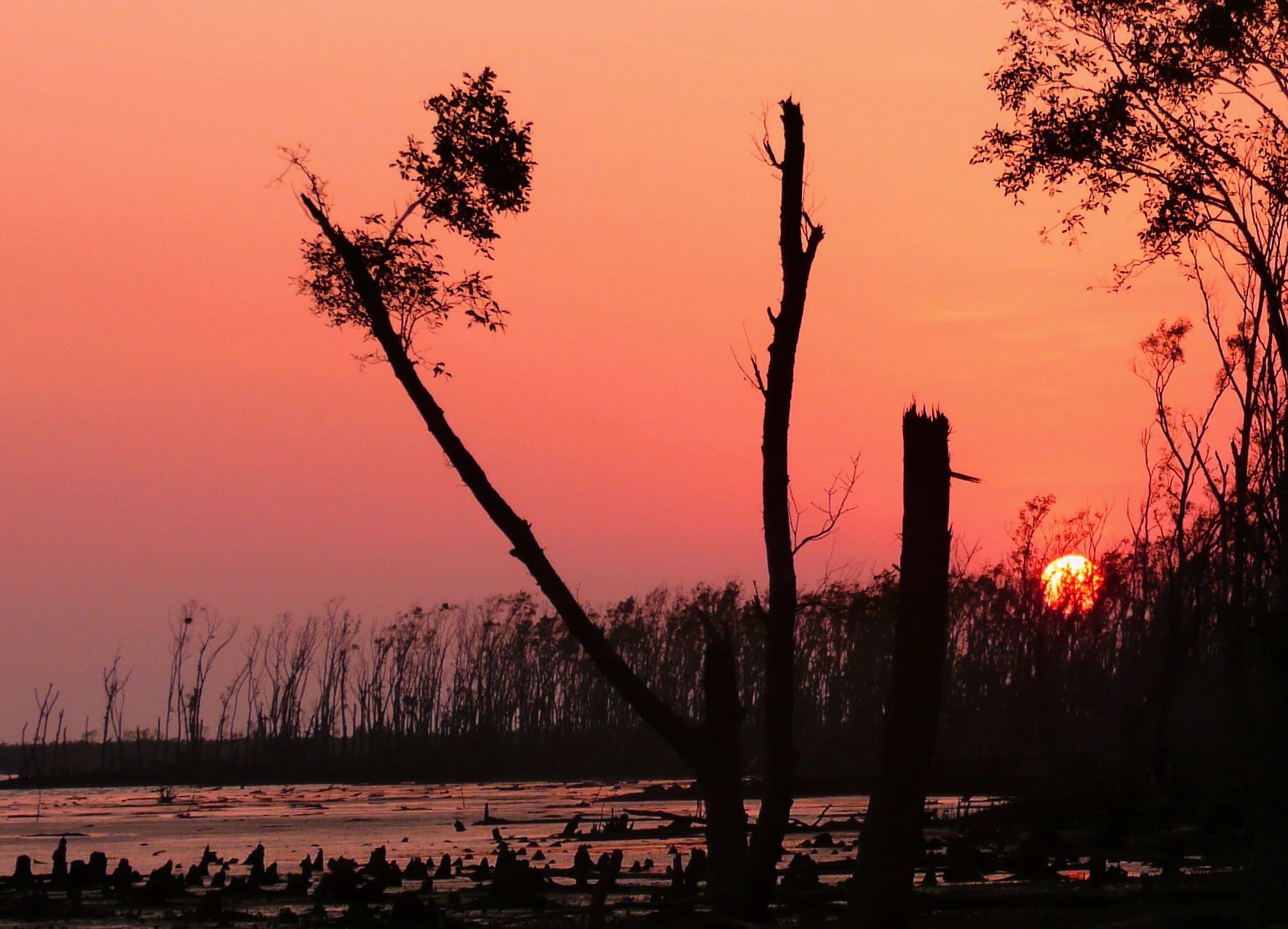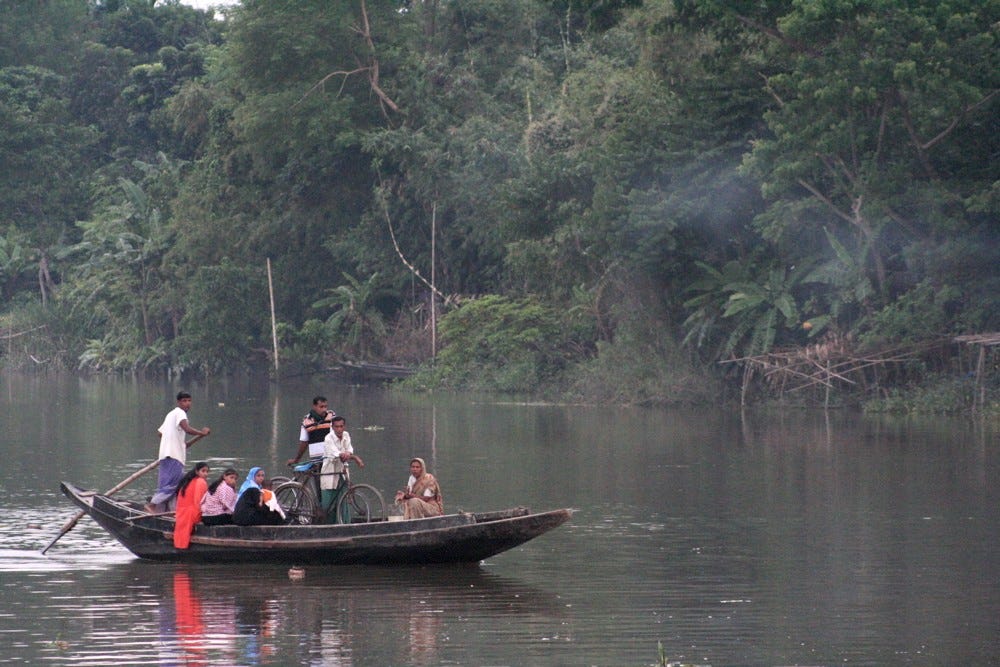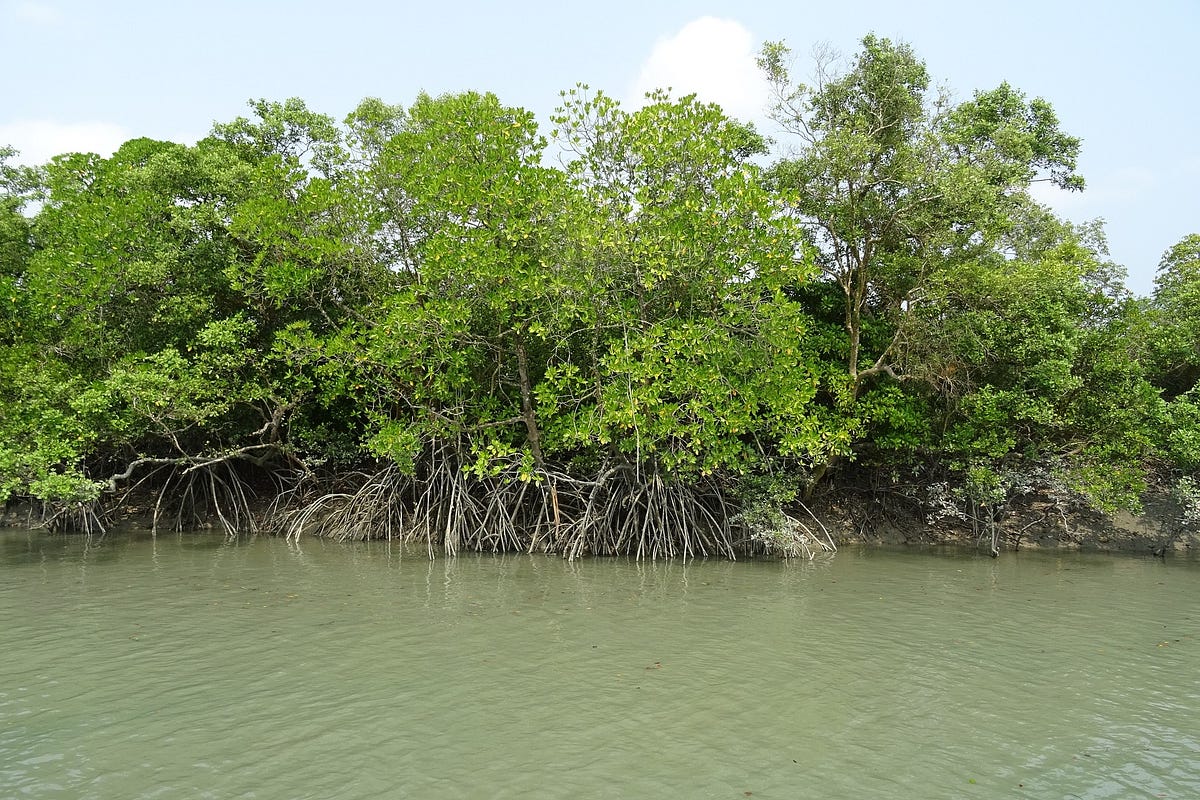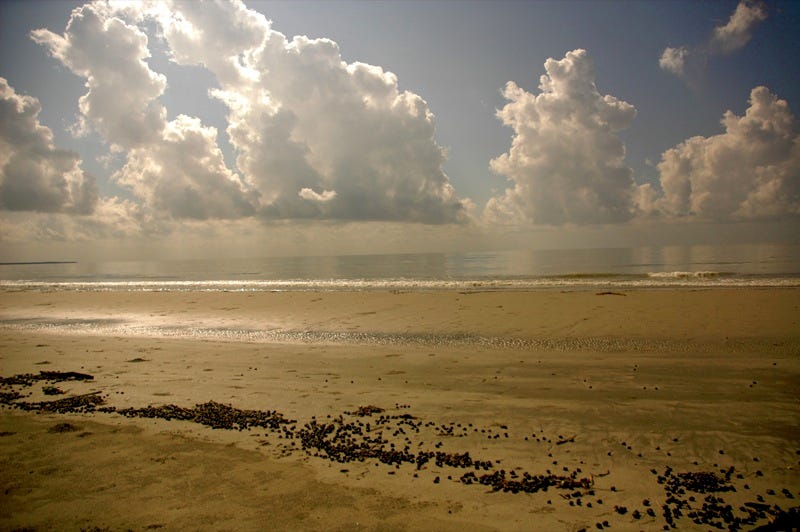- Blog
- Sustainable Economic Systems
- International Sustainable Finance
- Bangladesh coal projects put human health and pivotal ecosystem at risk
Bangladesh coal projects put human health and pivotal ecosystem at risk
by Kate DeAngelis, International Policy Analyst

Donate Now!
Your contribution will benefit Friends of the Earth.
Stay Informed
Thanks for your interest in Friends of the Earth. You can find information about us and get in touch the following ways:
Communities in Bangladesh are fighting to stop multiple coal projects, which the U.S. Export-Import Bank may finance, from destroying the air they breathe and the natural resources they depend on. Two coal-fired power plants — Rampal and Orion Group’s Khulna plant — would be constructed near the Sundarbans mangrove forest. The Sundarbans delta is one of the largest mangrove ecosystems in the world, lying in both Bangladesh and India. The area is a carbon sink, rich in biodiversity, and home to the endangered Irrawaddy and Ganges River dolphins and Bengal tigers. The construction and operation of these plants would result in air and water pollution that threatens the Sundarbans ecosystem. In addition, Orion Group has also proposed building a coal plant near the city of Dhaka, the capital of Bangladesh. Considered to be one of most populated cities in the world, with a population of 7 million people living within city limits and 17 million people living in the outer Dhaka area, the coal plant poses serious health risks to surrounding communities.

Grassroots opposition grows and UNESCO expresses heightened concerns
Both local communities, as well as international organizations, have expressed growing concern with these coal projects. Grassroots activists have taken to the streets to show the growing opposition to these power plants that threaten the Sundarbans and the communities that live near the proposed coal projects. As a follow-up to a march three years ago, people will once again conduct a 6-day long marchfrom Dhaka to the Sundarbans to protest the building of these plants.
The international organization, UNESCO, has also raised concerns about the impacts of the Rampal and Orion Khulna projects on the Sundarbans, which is a World Heritage site. In 2015, UNESCO’s World Heritage Committeerequested an assessment of activities related to river dredging to enable construction of the power plants “to ensure activities are not conducted before the revised EIA is submitted to the World Heritage Centre and reviewed by IUCN.” In 2016, civil society organizations in Bangladesh and India have called on UNESCO to add the Sundarbans World Heritage sites in both countries to the List of World Heritage in Danger based on threats from the Rampal and Orion Khulna coal-fired power plants.


U.S. groups urge Ex-Im Bank to reject financing for these projects
News reports and Orion’s own documents and website have suggested that the U.S. Export-Import Bank, a government agency that has already used billions of tax payer dollars to finance fossil fuel projects abroad, has been approached to be a financier for the Orion Khulna and Orion Power Dhaka coal power plants. In a recent op-ed, the Chairman of Ex-Im Bank, Fred Hochberg, highlighted the federal agency’s interest in helping finance Bangladesh’s “ambitious infrastructure investment goals.” Concerns of Ex-Im Bank financing for Orion’s Khulna plant is even greater because General Electric, which Ex-Im Bank routinely subsidizes, is now poised to provide Orion’s Khulna plant with its turbine and boiler, as GE now owns Alstom, the company that was initially contracted to provide the equipment.
In response to this, U.S. groups urge Ex-Im to publicly commit to rejecting any proposal for Ex-Im Bank financing for harmful industrial projects near the Sundarbans and other harmful fossil fuel projects in Bangladesh. Such financing would put the U.S. government at unacceptable financial and reputational risk, would undermine President Obama’s effort to fight climate change, and would undercut worldwide efforts to conserve special places like the Sundarbans. If Ex-Im Bank finances these projects, it will undercut the growing number of banks, such as three French banks and the Norwegian sovereign fund, which have renounced financing for the Rampal plant based on its risks to the Sundarbans, violations of the Equator Principles, and serious human rights violations documented by an independent investigation by the South Asians for Human Rights. Our fight to stop Ex-Im Bank from financing these disastrous projects continues.

